By Joshua Shepherd
A major fight was in the offing when the first streaks of dawn appeared over Savannah, Georgia, on the morning of October 9, 1779. Columns of American and French assault troops, who had quietly formed up under cover of darkness, made their final preparations for storming the British-held city. A troop of some of the finest cavalrymen in the Continental Army was deployed behind the foot soldiers. Armed with lances and anxious to prove their worth in battle, the horsemen were fanatically devoted to their commander, Brig. Gen. Casimir Pulaski. “[Pulaski was] the most active and the greatest partisan of his time,” said Captain Paul Bentalou, adding that the general was “a soldier in the full sense of the word, incapable of a compromise with honor.”
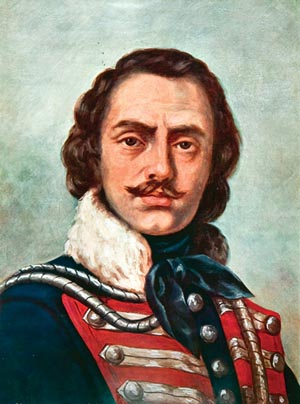
Few foreign volunteers brought such experience and potential to the nascent Continental Army. Born March 4, 1747, in Masovia, Poland, Pulaski was scion of one of the most influential families in the Polish aristocracy. His father, Jozef Pulaski, was the ruling noble in the town of Warka. Access to the highest circles of the Polish nobility would serve the young Pulaski well. At age 17, Pulaski was appointed page to Carl Christian Joseph, Duke of Courland. His one year stay at Mitau in the Baltic duchy would prove a watershed experience.
As the Russian Empire continued to expand its control over the principalities of Eastern Europe, minor nobles such as the Duke of Courland functioned as little more than puppets to Moscow. Pulaski’s stay in Mitau left the embittered young Pole with an abiding antipathy for Russian domination.
In 1764 the Pulaskis supported the election of Stanislaw Poniatowski to the Polish throne. It would be a short-lived arrangement. Frustrated by what he viewed as feckless leadership from the king and mounting Russian hegemony within Poland, Pulaski cast his lot with a disaffected group of nationalist nobles. Meeting early in 1768 in the city of Bar, the nobles made the radical decision to confront not only Russia but King Stanislaw II.
The formation of the Bar Confederation virtually ensured civil war and thrust Pulaski to the forefront of the greatest power struggle in Eastern Europe. Entrusted with a cavalry command with the Confederation rebels, Pulaski enjoyed early success in arms, winning a string of minor victories in April 1768. Two months later his luck ran out. A Russian expeditionary force surrounded Pulaski’s troops at Berdyczow and took the young noble prisoner. After two weeks of confinement, the Russians paroled Pulaski.
Just as quickly Pulaski renounced the terms of his parole and rejoined the rebel forces. He led troops in the field over the succeeding two years, including a brief campaign in Lithuania in the hope of widening the Confederation’s support. With a reputation for hard-driving gallantry and regarded as one of the rebels’ best field commanders, Pulaski was appointed to the Confederation’s War Council in the spring of 1771.
But the Bar Confederation’s effort to assert Polish independence quickly unraveled. A desperate scheme surfaced to kidnap King Stanislaw, and Pulaski, who found the plan distasteful, finally lent his support when it was agreed that the king would not be harmed. Although the mission initially went well, the king escaped after a brief imprisonment. Early the following year, the Bar Confederation, defeated on the field and rent with internal dissension, was in its last death throes. Likely aware of the inevitable, Pulaski sought refuge in Silesia and escaped the final defeat of the movement.
On a personal level, Pulaski’s involvement in the Bar Confederation was nothing short of disastrous. Tried in absentia by Polish authorities, he was sentenced to death, deprived of his property, and excluded from the nobility. Short on funds and desperate for employment, Pulaski initially angled unsuccessfully for a commission in the French army. Despite being a devout Roman Catholic, he then attempted to participate in the Russo-Turkish War on behalf of the Ottomans. His luck would only get worse. The penniless 33-year-old nobleman went into exile in France in 1775.
But just as quickly as his fortunes fell, an unexpected opportunity presented itself. Although his attempts to secure a military position in Europe had gone nowhere, the colonial rebellion in British North America seemed a viable option. America’s ministers to France, Benjamin Franklin and Silas Deane, were busy wooing French officials to the Patriot cause. Their presence in Paris was something of an open secret, and the duo was deluged with European gentlemen seeking military commissions.
With a few notable exceptions, far too many of the applicants would prove more trouble than they were worth. The Americans were hectored by swarms of inexperienced officers, debt-ridden gentlemen, and idle noblemen who possessed far more ego than military aptitude. Pulaski, who was a soldier of fortune seeking employment, pursued an American commission.
Enthusiastic patrons in the French nobility lobbied hard on his behalf but initially met with a cool reception. When the Chevalier de Rulhiere recommended Pulaski’s services, Franklin expressed disinterest for he had never heard of the Pole. Yet on further inquiry, Franklin discovered that Pulaski enjoyed support at the highest levels of the French government. Although Franklin could make no direct assurances of a commission in the Continental Army, he threw his full weight behind Pulaski.
Franklin penned a glowing letter of introduction dated May 29, 1777, on behalf of the Polish count, informing General George Washington that Pulaski was “famous throughout Europe for his bravery and conduct in defense of the liberties of his country.” Franklin left the matter to Washington’s discretion but clearly hinted that diplomatic considerations should bear some weight, adding his hopes that Pulaski would find a suitable position in the Continental Army.
The Polish knight-errant, who was fluent in French but not conversant in English, arrived in Boston in July 1777. He quickly penned a note to Washington in which he commended the American fight for liberty and expressed his desire to fight for the cause. Although Washington could make recommendations, he lacked the authority to grant commissions. Hoping to avoid the growing resentment in the commissioned ranks, Washington simply passed along Franklin’s estimation of Pulaski and left the matter to the lawmakers.
Congress dragged its feet, and a commission for the ambitious Pole was not immediately forthcoming. By the late summer of 1777, the British army of Maj. Gen. William Howe had launched an unexpected amphibious campaign up the Chesapeake Bay, aimed at the American capital of Philadelphia. The two armies clashed on September 11 along Brandywine Creek, but the affair went poorly for the Americans. Howe succeeded in gaining vital fords off the American right flank and threatened to cut off the Patriot line of retreat.
Pulaski, attached at headquarters in a volunteer capacity, thrust himself into the thick of the fighting. Desperate to get into action, Pulaski requested that Washington give him command of 30 horsemen. The American commander granted his approval, and Pulaski led them in a spirited attack on the British left. As the American position collapsed under mounting pressure, Pulaski then rallied troops from scattered units and helped organize a hasty covering action for the retreating army.
His efforts, as well as his cool head under fire, did not go unnoticed. Following his first action on behalf of the American cause, Pulaski received a commission as well as a seemingly ideal assignment for a European beau-sabre. Washington announced on September 21 that Pulaski had been commissioned a brigadier general and appointed “Commander of the Horse” for the Continental Army. As chief of the army’s cavalry, Pulaski was immediately given orders to track enemy movements. From the outset, it was apparent that Washington favored using his cavalry to gather intelligence and screen the main force during advance and retreat.
Pulaski, who had fought on horseback in Polish campaigns, entertained different ideas. The fiery noble hoped to reorganize the entire cavalry arm of the Continental Army along European lines. When the army went into winter quarters at Valley Forge, Pennsylvania, Pulaski was anxious to institute rigid training of mounted field maneuvers, which he believed had previously been woefully neglected. He also hoped to keep part of his command on active duty through the winter in the hope that his men could gain valuable experience in the field.
Some of his ideas, which were nothing short of revolutionary to the American army, were frowned on. He wanted the cavalry arm to play a major role in Washington’s army, and he hoped that the commander in chief would employ massed cavalry against enemy infantry. To Pulaski, mounted militia should be used for the mundane duties of scouting and intelligence, freeing the Continental cavalry for more crucial operations. Harkening back to the open-field maneuvers prevalent in mounted actions in Europe, Pulaski favored forming an independent corps of lancers along Prussian lines. Perhaps realizing that the tactical value of lancers in North America might be called into question, Pulaski informed Washington that he would personally be responsible for them.
Not surprisingly, the commander in chief nixed the idea. Washington was skeptical that large cavalry formations could be employed with effect in the sprawling forests and broken terrain of North America. Much to Pulaski’s frustration, the lancer idea was shelved. Worse still, Washington was clearly annoyed by the liberties taken by foraging horsemen under Pulaski’s command, which were confiscating prime horseflesh from Patriot farmers. In a sharp letter of rebuke penned on October 25, Washington wrote that the permission he had granted “to the light dragoons of impressing horses near the enemy’s lines has been most horribly abused and perverted into a mere plundering scheme.”
Afterward Pulaski had to content himself with modest operations, such as skirmishing with British patrols on the outskirts of Philadelphia. In such actions he earned a reputation as a daring officer who led from the front. During the course of a particularly vicious melee in November, Pulaski led his men in a wild charge into a British column. Pulaski was briefly captured then liberated by his men. Pulaski favored cold steel, and “sets no store by carbines or pistols, but rushes on with the sword,” wrote Major Samuel Hay of the 7th Pennsylvania Regiment, who fought alongside Pulaski.
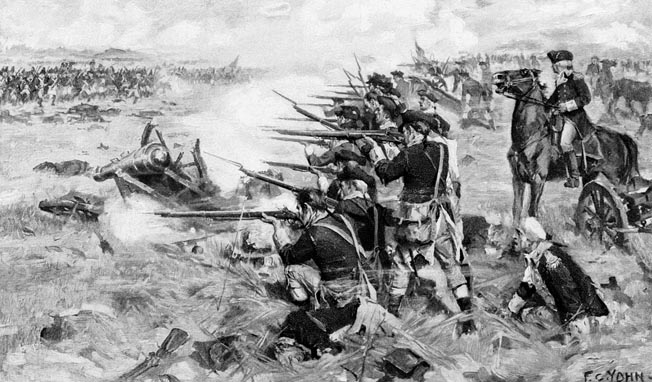
By February 1778 Pulaski was stationed in Trenton, New Jersey, when he received an urgent request for help from Brig. Gen. Anthony Wayne. Wayne had led a 500-man foraging party into southern New Jersey but was under threat of being cut off by 4,000 British troops. At the head of just 50 dragoons, Pulaski unhesitatingly rode toward the beleaguered Americans, attacking a British outpost on February 28. After the two commanders linked up, they struck another British outpost at Cooper’s Ferry and succeeded in escaping the British net. Wayne had nothing but praise for the Polish cavalryman afterward.
But Pulaski, who dreamed of martial glory on the grand scale, quickly wearied of such minor actions and what he considered a woeful neglect of the army’s cavalry. Pulaski resigned his position as Washington’s cavalry chief in March 1778. Not surprisingly, he had other plans for acquiring an independent command. Washington informed Congress that despite the resignation, Pulaski was “led by his thirst for glory and zeal for the cause of liberty.”
Pulaski convinced Congress to authorize the formation of a mixed outfit of cavalry and infantry that he could command on a semi-autonomous footing. By July 1778 he had raised a 330-man legion that he was able to train and command largely on his own. Despite a continuing lack of resources to supply and pay his men, Pulaski had an effective force in the field by autumn. In keeping with his fondness for lances, some of them were equipped with the weapons.
Unfortunately for the ill-starred Pole, his legion’s first action ended in a fiasco. His troops were stationed near Little Egg Harbor in southern New Jersey, within easy striking distance of British amphibious probes. In the early morning hours of October 15, a British raiding party, which was guided by an American deserter, surprised one of Pulaski’s forward outposts. In a furious and chaotic fight, the outpost was overrun.
During the succeeding months, Pulaski grew increasingly frustrated. Following a spate of bloody Indian raids on the northern frontier, Pulaski’s Legion was posted to Minisink, New York, to furnish security for the region’s settlers. Pulaski followed orders but was disappointed with the uneventful backwater assignment in which there was little fighting. Pulaski lamented that he could find “nothing but bears to fight.”
Early in 1779, Pulaski’s Legion was redeployed in the southern colonies. Repeatedly frustrated by continued failure to subdue the northern colonies, the British high command opted to refocus its energies southward. The British captured Savannah, Georgia, in December 1778. The deepwater port of Charleston, South Carolina, was the British army’s next likely target. With America’s southern army in desperate need of reinforcement, Pulaski was ordered to take his legion south.
Pulaski’s command constituted one of the few Continental cavalry outfits in the South and saw steady action almost from its arrival at Charleston. His men sparred regularly with British patrols, but Pulaski grew increasingly disillusioned. Always regarded as an outsider by American officers, Pulaski was most disgusted by the cash-strapped army’s neglect of his men. Pulaski was periodically forced to pay and supply his men out of his own pocket. In August he complained to Congress over his disappointments in a service “which ill treatment makes me begin to abhor.” Despite his frustrations, Pulaski expressed hope that he could prove his devotion to the cause.
In September 1779, Pulaski would finally have his chance. American forces under Maj. Gen. Benjamin Lincoln linked up with a French expeditionary force under the command of Vice Admiral Count Charles-Hector d’Estaing. The Allies targeted Savannah for recapture, and with a combined force of 5,000 men enjoyed numerical superiority over the British garrison of 3,000. A three-week siege of the city, which was protected by formidable British fieldworks, encouraged the allied commanders to take the town by storm.
The plans were straightforward. The target of the assault was the Spring Hill redoubt, a key fortification near the center of the British works. While French troops attacked the redoubt from the front, the Americans were to swing into action on their left and open a gap in the British line through which Pulaski, leading 200 charging horsemen, could exploit the breach and wreak havoc in the enemy rear.
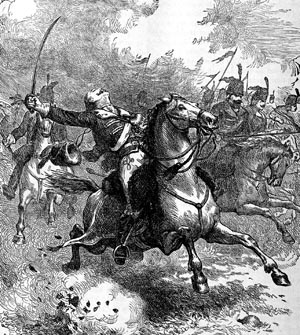
As the troops marched for the front early on the morning of October 9, the operation got off to a bad start. French troops were initially an hour behind schedule and then attacked prematurely without coordinating the attack with the Americans. Charging across open ground, the French were riddled by enemy fire and thrown back in confusion. American infantry, fighting their way forward through the blistering enemy fire, drove off the British defenders and seized the parapets of the Spring Hill redoubt.
After the French repulse, Pulaski sensed the need to press the attack while the British were in confusion. Taking dragoon Captain Paul Bentalou with him, Pulaski rode ahead to probe for a gap through which his cavalry could charge. Running a gauntlet of intense British fire, Pulaski suddenly reeled from the saddle. When aides reached him, it was obvious that he was badly wounded. Bleeding profusely from a grapeshot wound in his upper thigh, Pulaski ordered that the attack continue. “Follow my lancers to whom I have given my order of attack,” he gasped to his officers.
But the momentum of the fight had clearly turned in favor of the British. Launching a fierce counterattack, Redcoats seized control of the Spring Hill redoubt and drove off the last opposition. It was a bloody repulse in which the allies suffered 800 casualties.
Suffering from intense pain, Pulaski was taken aboard the American ship Waspso that French surgeons could attend him. Their efforts were unavailing and infection set in quickly. On October 11, he succumbed to his wounds. Possibly buried at sea, his last resting place remains unknown.
Such an obscure end is fittingly symbolic for the tragically forgotten Polish noble who sacrificed his all for the cause of liberty in the Old World as well as the new one. As the Continental Army’s first Commander of the Horse, Pulaski is widely regarded as the “father of American cavalry.” It is an appropriate title for a professional soldier who spent much of his life in the saddle. It is a distinction of no small merit.
Although the American cavalry would never mount epic massed charges on the scale of European battlefields, the Continental dragoons, in some measure due to Pulaski’s early training and organizational efforts, became highly skilled mounted soldiers whose prowess on the battlefield would prove crucial to victory by the close of the war.
In the spring of 1780 Hessian Captain Johann Ewald questioned a former member of Pulaski’s Legion regarding the general’s reputation among his troops. Pulaski was “a very daring horseman, and feared nothing in the world,” the legionnaire said.
Ewald considered the legionnaire’s observations to be among the highest compliments that could be paid to a professional soldier. “What a splendid eulogy for an officer after his death,” the Hessian captain said.
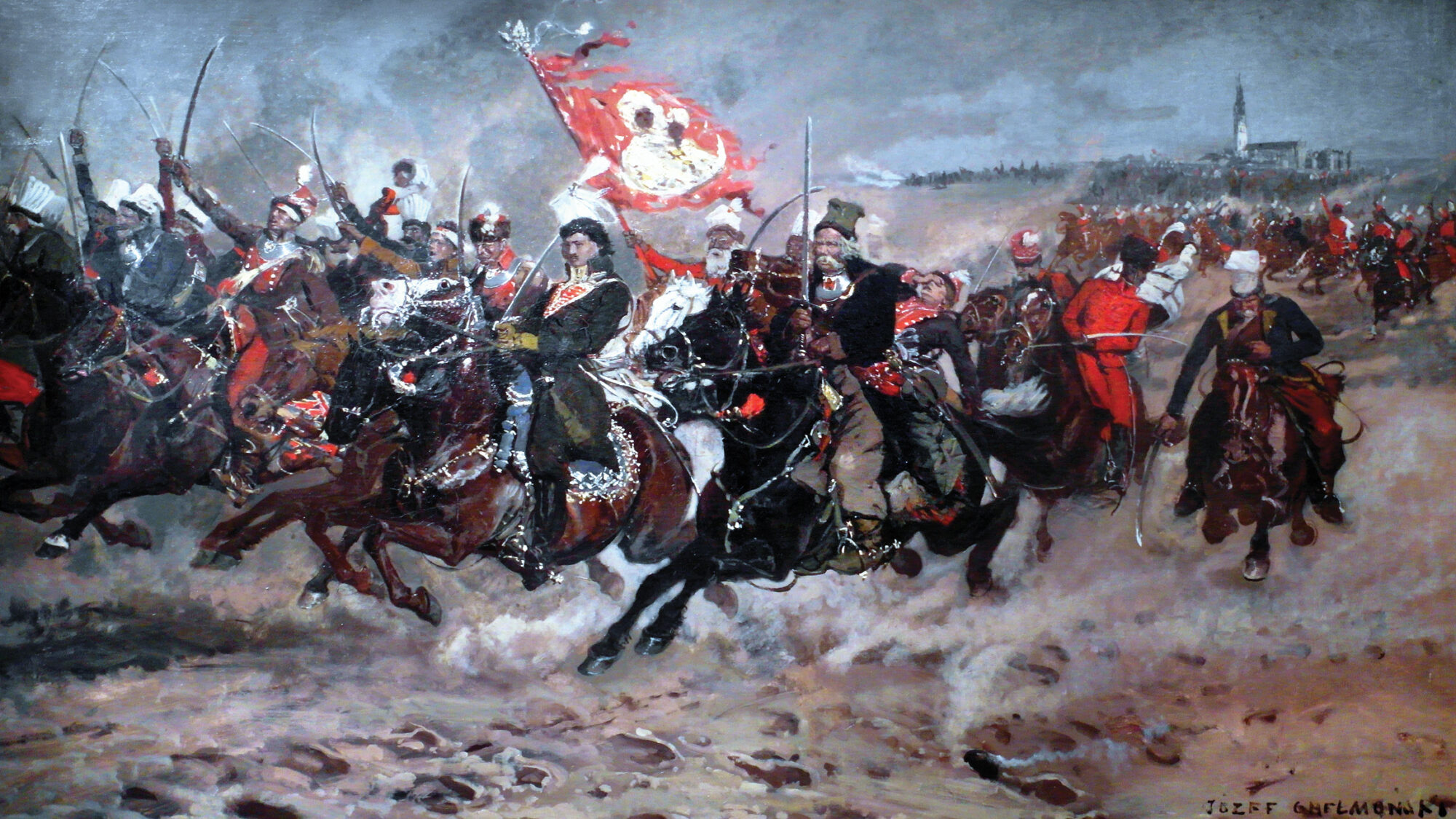
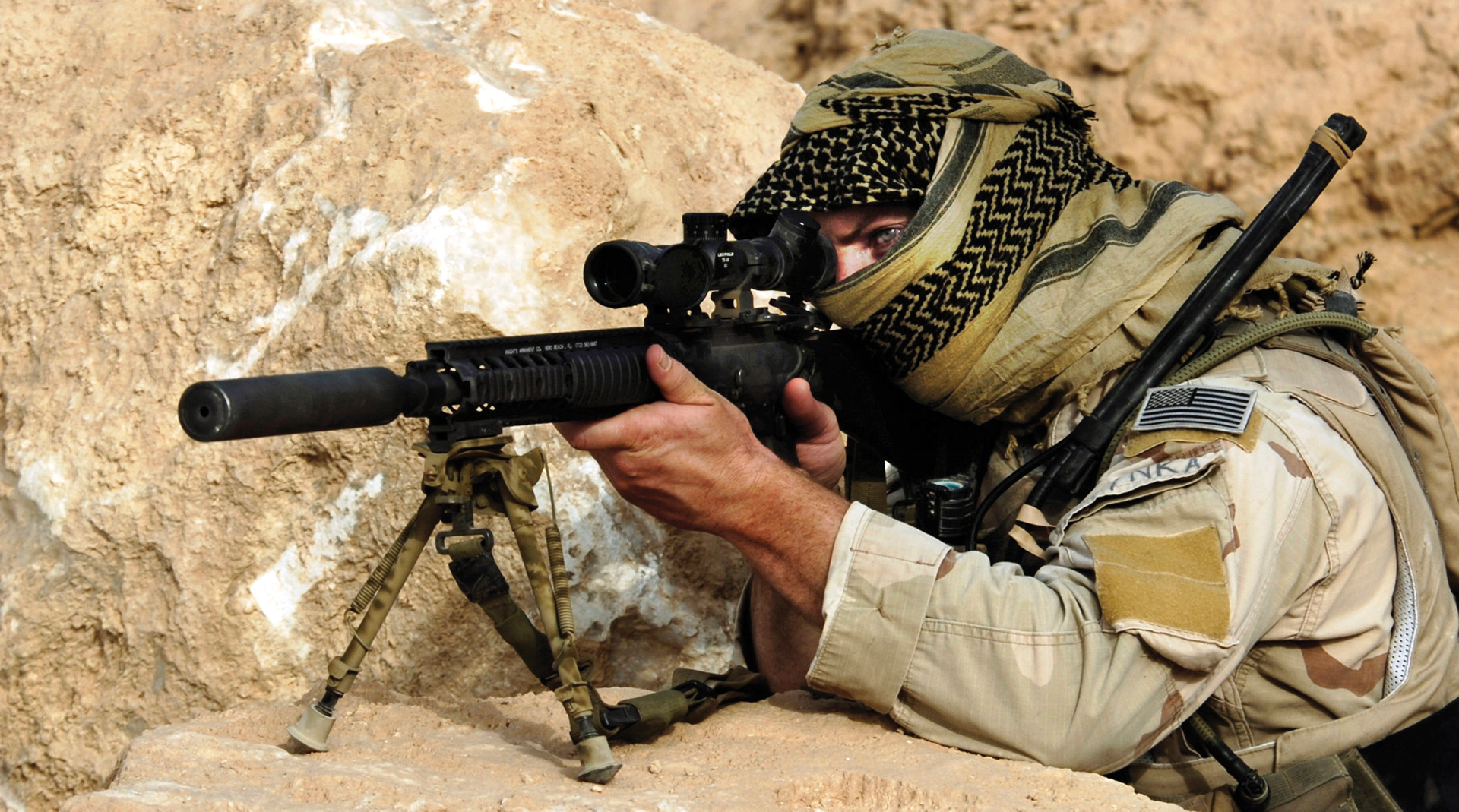
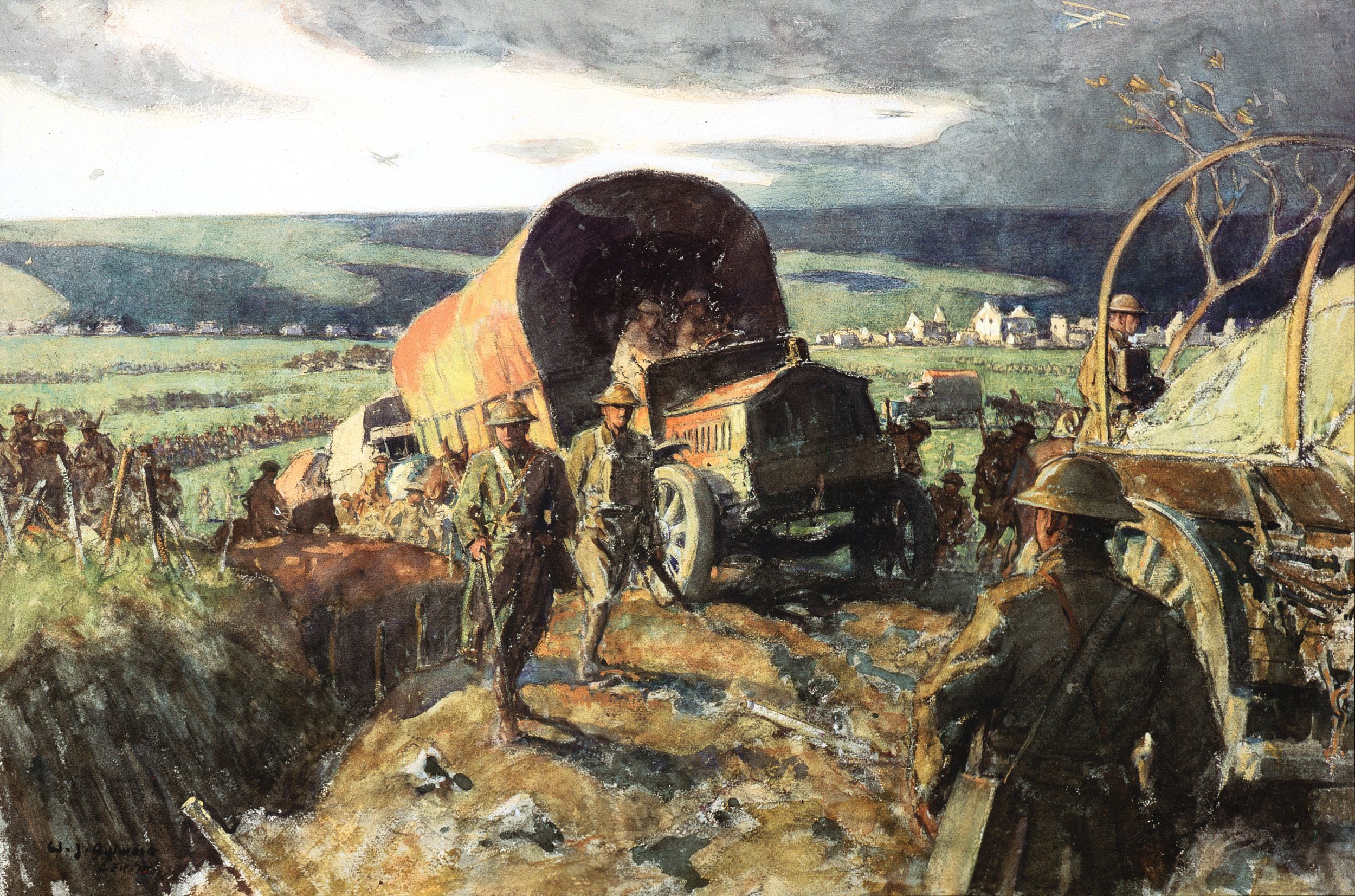
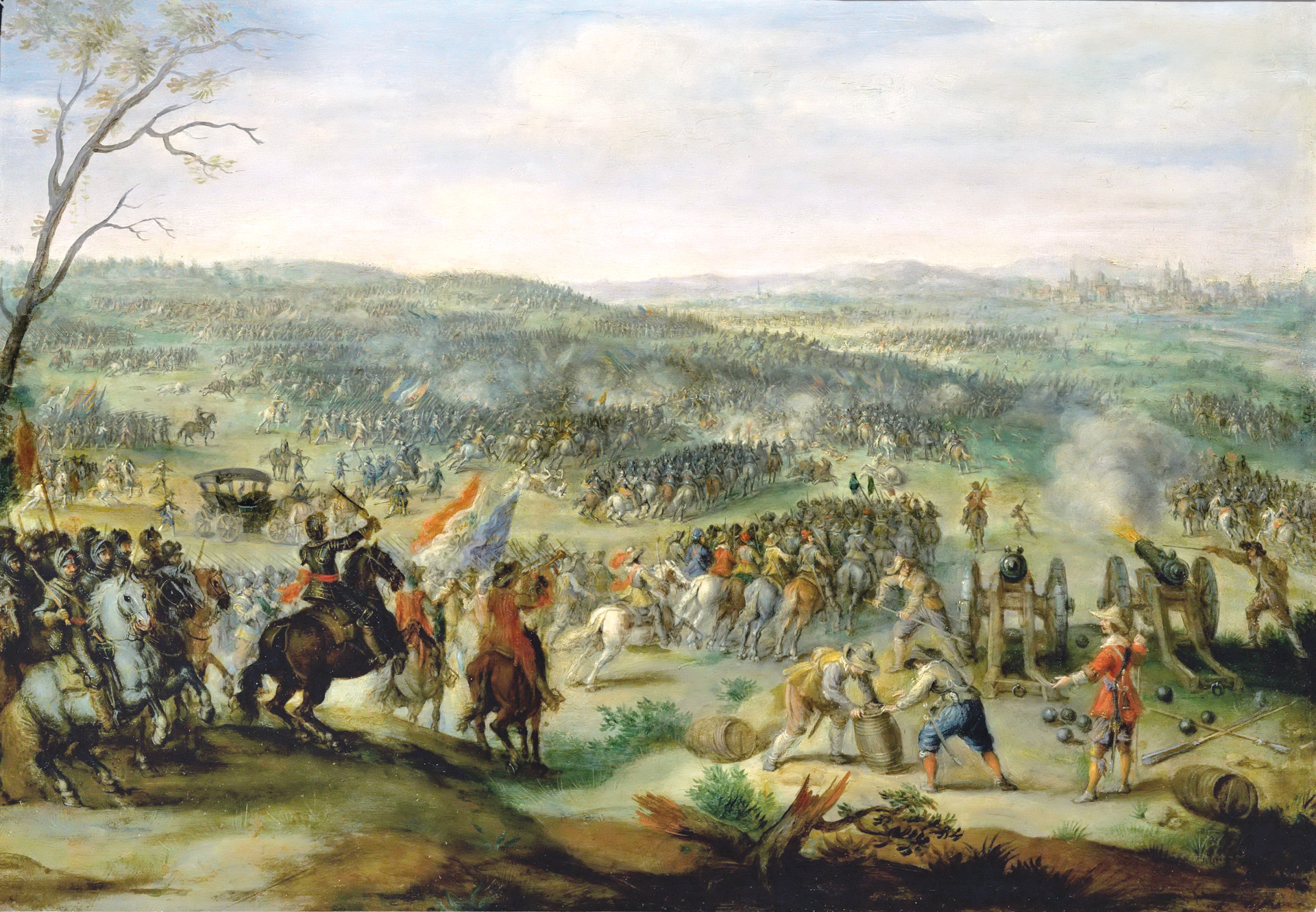
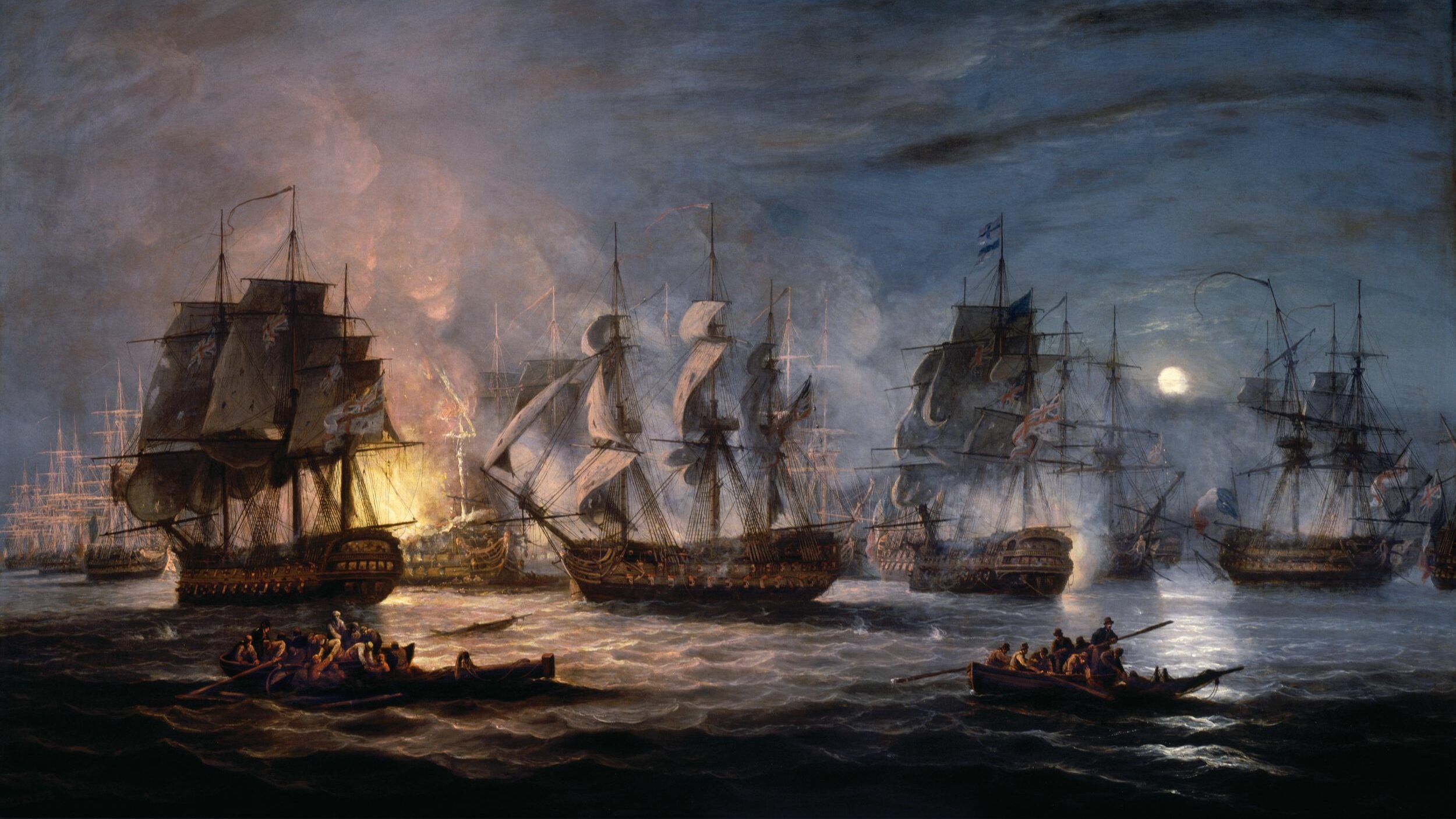
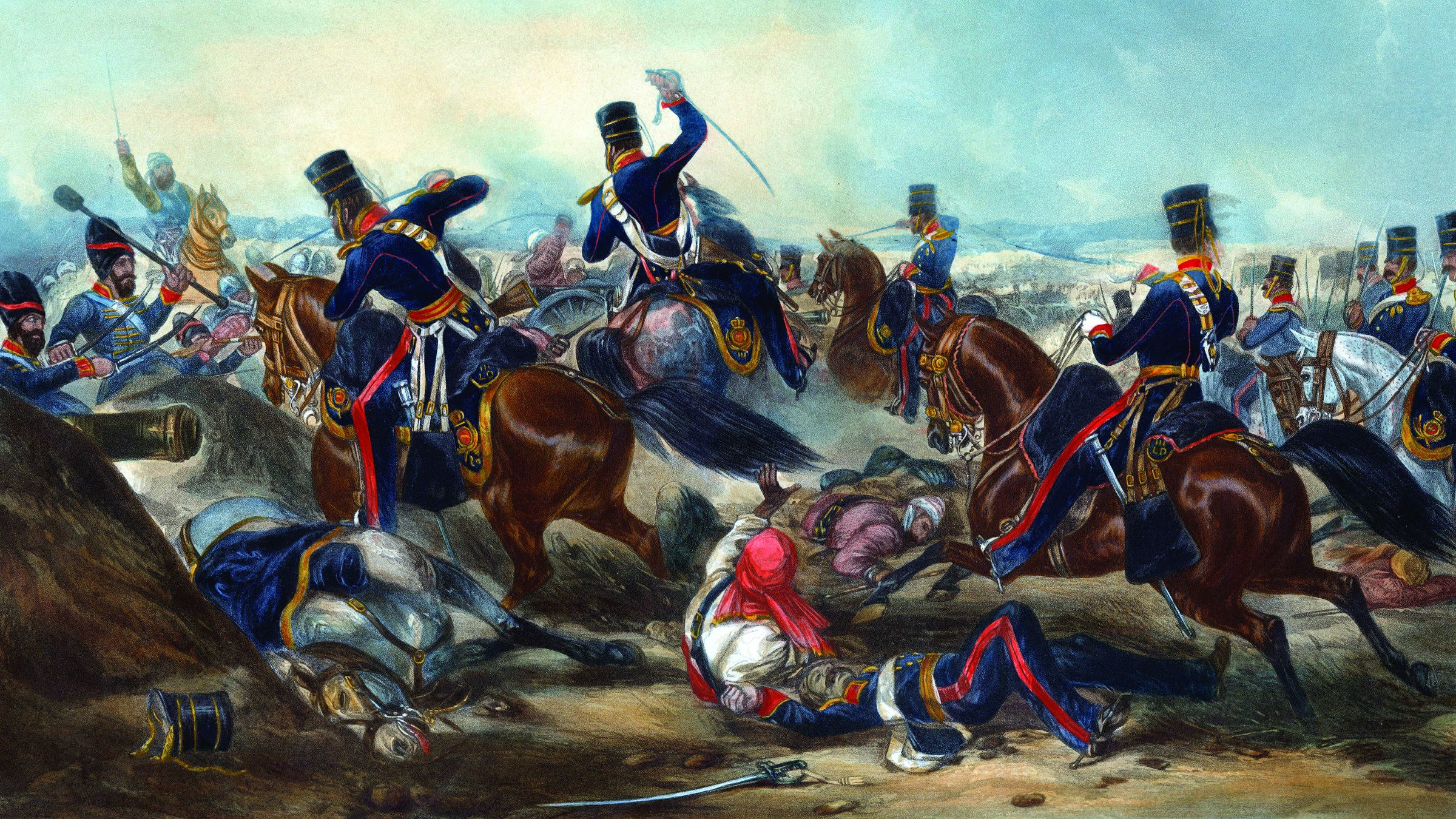
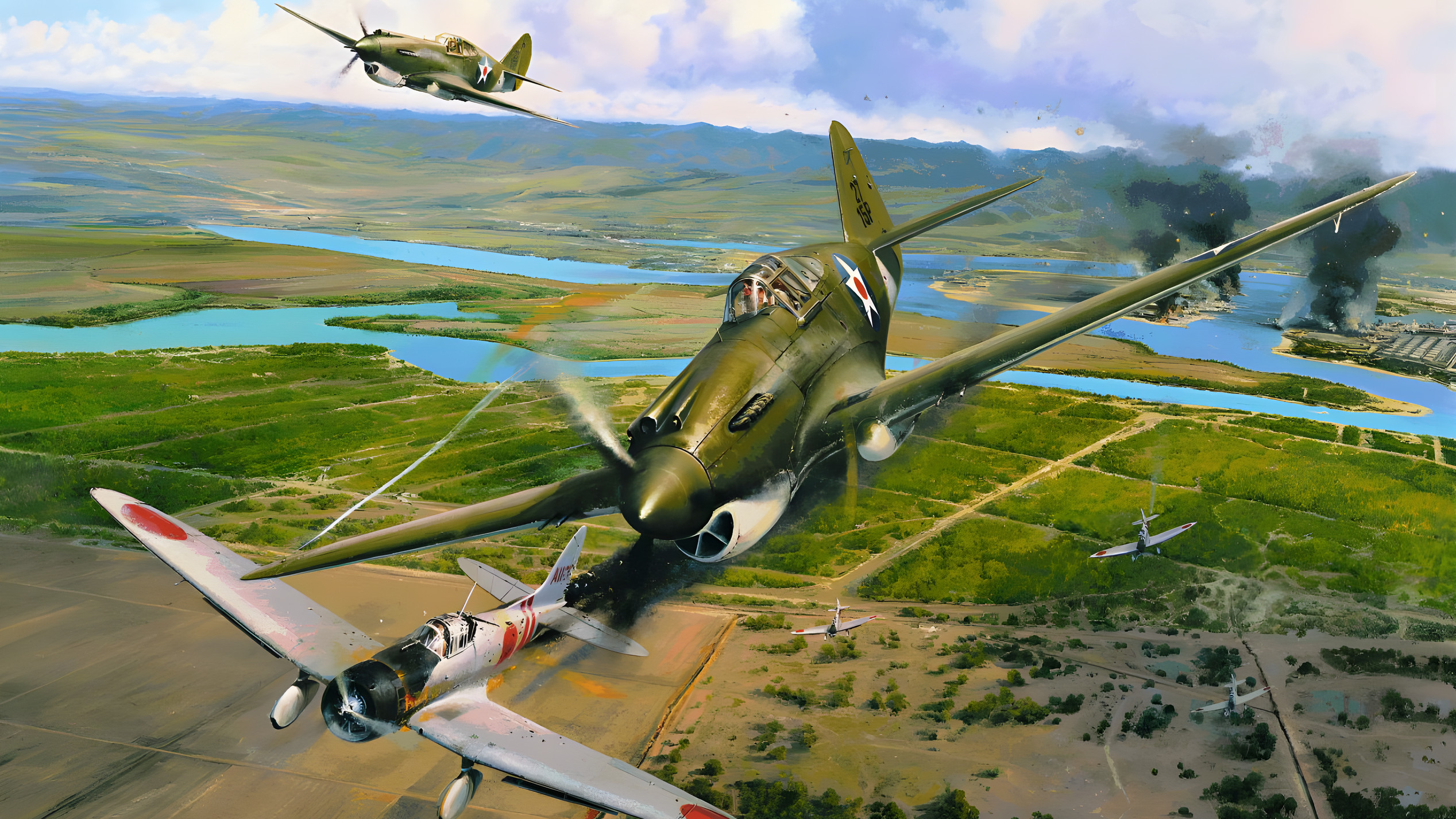
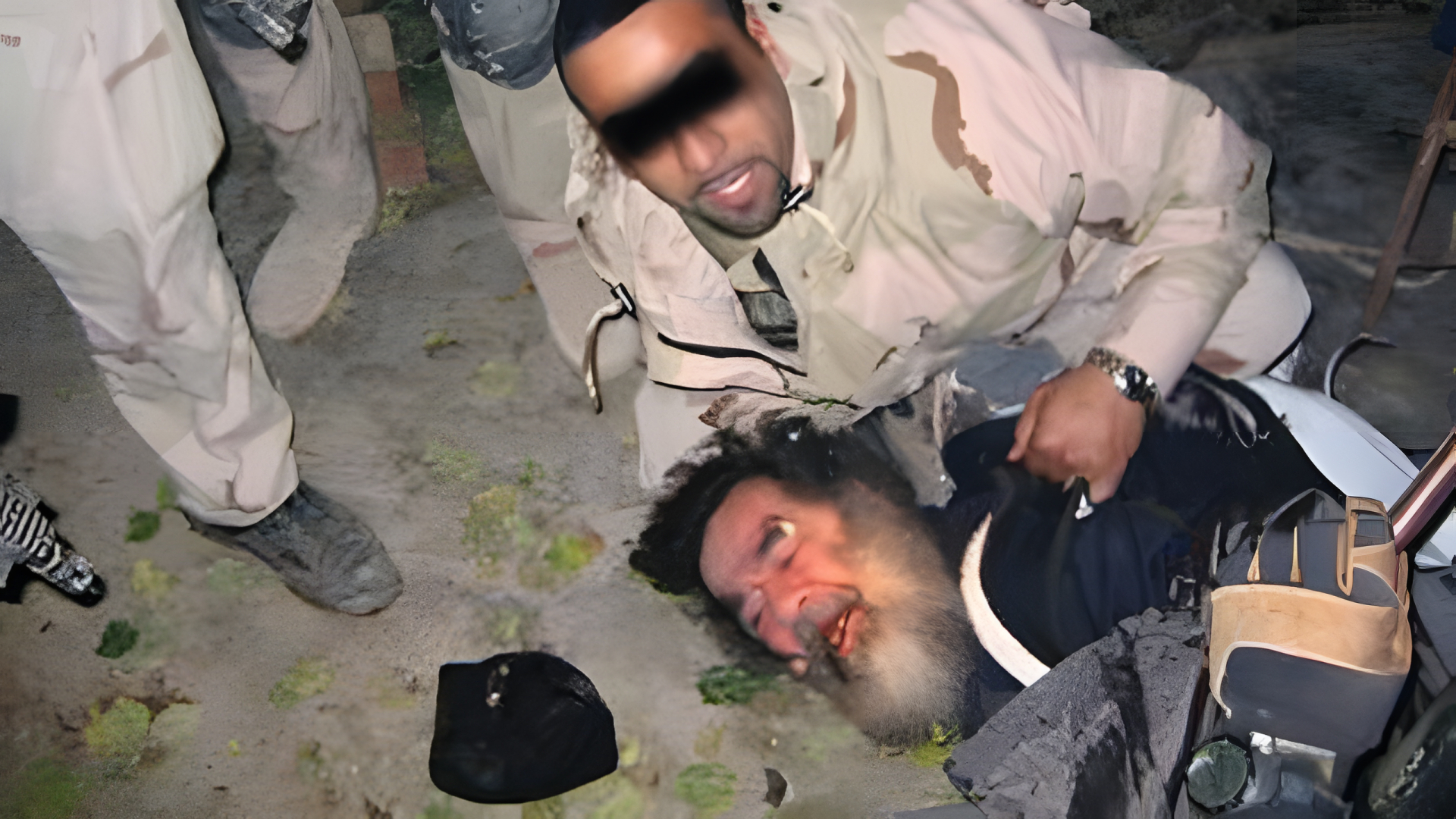
Beg not for perfect men, but beg for men perfect for the task! Gen. Pulaski was one of the latter.